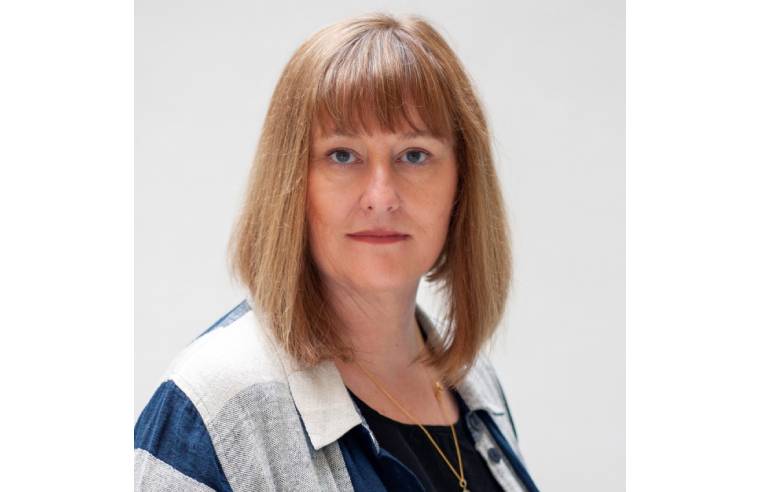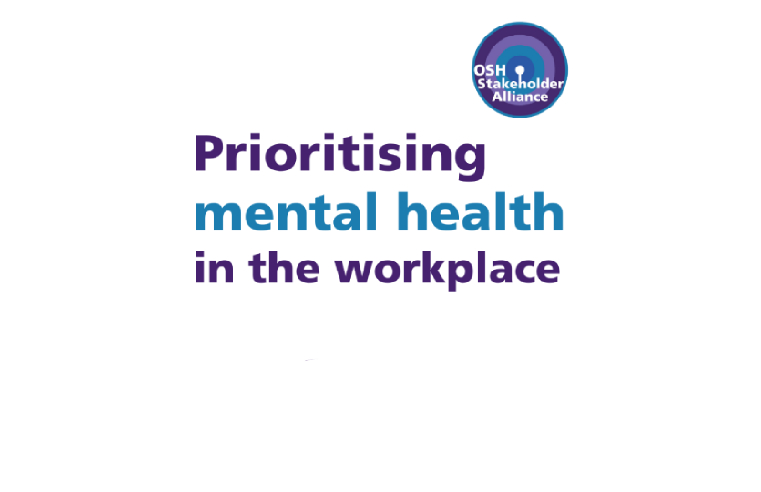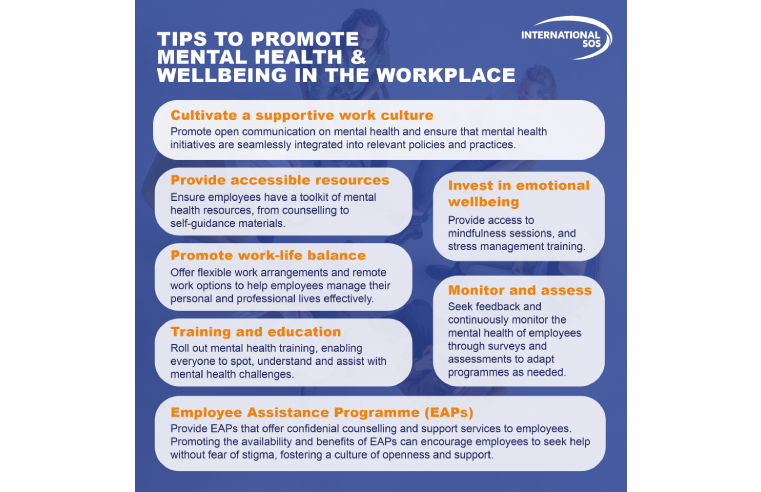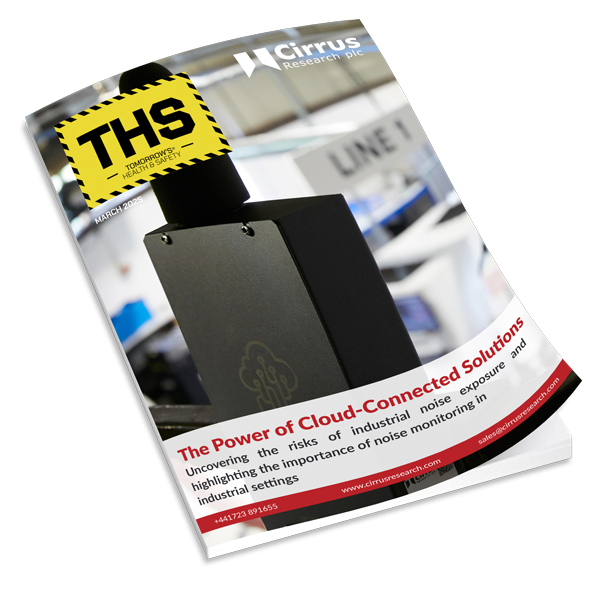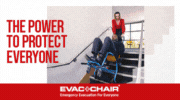The Health and Safety Executive (HSE) has appointed two new experts to its independent Workplace Health Expert Committee (WHEC).
WHEC is a scientific and medical expert committee which provides independent, expert opinion to HSE by identifying and assessing new and emerging issues in workplace health.
Dr Joanna Wilde and Dr Paul Litchfield will join WHEC in September where they will support the publication of accounts of the latest evidence to support of HSE’s work on health issues.
Dr Wilde has specialist expertise in the behavioural and social sciences and is a leading expert in the effect of psychosocial factors on workplace health. A Fellow of the British Psychological Society, her current research focuses on the health problems inherent in new structures of working relationships, often described as the ‘gig economy’. Joanna also brings personal experience to the role as she has suffered from chronic ill health through her working life.
Dr Litchfield was Chief Medical Officer for BT and has been active in the field of workplace health and safety for more than 35 years. Paul has been involved in UK and European initiatives aimed at promoting good physical and mental health to improve rehabilitation back into work and to reduce the stigma of mental ill health. In 2015 he was appointed Chair of the UK’s What Works Centre for Wellbeing, which is dedicated to understanding what can be done to improve wellbeing across society.
Professor Andrew Curran, HSE’s Chief Scientific Adviser said: “I’m very pleased to announce that two experts, Dr Joanna Wilde and Dr Paul Litchfield, are joining WHEC from September 2018. They both bring a wealth of knowledge and expertise to the committee, and we welcome the unique perspectives they will bring to the committee’s work on health issues.”
WHEC considers chemical and physical hazards, and human, behavioural and organisational workplace factors which lead to physiological and psychological ill health. The committee assesses the evidence base and seeks to effectively and appropriately communicate the resultant health risk.







